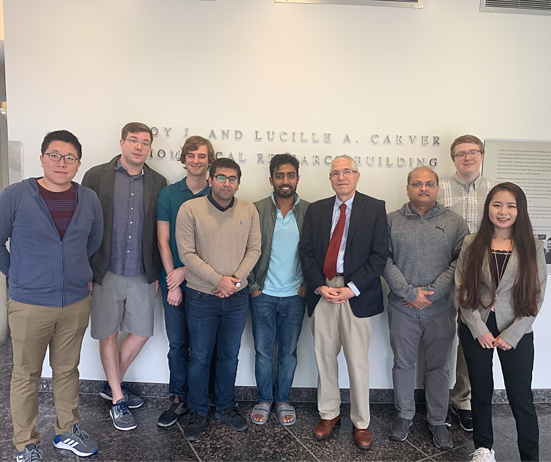Requirements for Post-doctoral Trainees
Post-doctoral trainees are required to take one formal course as part of the their LITP training: ENGR:7604, “Engineering Ethics for Post Docs” (cross-listed with ENGR:7270). MD fellows can take ENGR:7604 or substitute an approved equivalent course from the College of Medicine or College of Public Health. With mentor approval, post-doctoral trainees will be able to audit courses to explore new areas and gain additional skills. Post-doctoral trainees will have open to them the option of gaining a M.S. degree in Translational Biomedicine and to participate in the Clinical Lecture Series associated with this program. Additionally, post-doctoral trainees will be introduced to the programs Translational Science Navigator (https://icts.uiowa.edu/workforcedevelopment/translational-science-navigator) which provides a novel, easy-to-use web-based individualized Development Plan (IDP) tool designed to guide, document and evaluate the career development of Clinical and Translational Science (CTS) trainees.
